Key Findings From National Young Farmers Coalition’s 2022 Farmer Survey
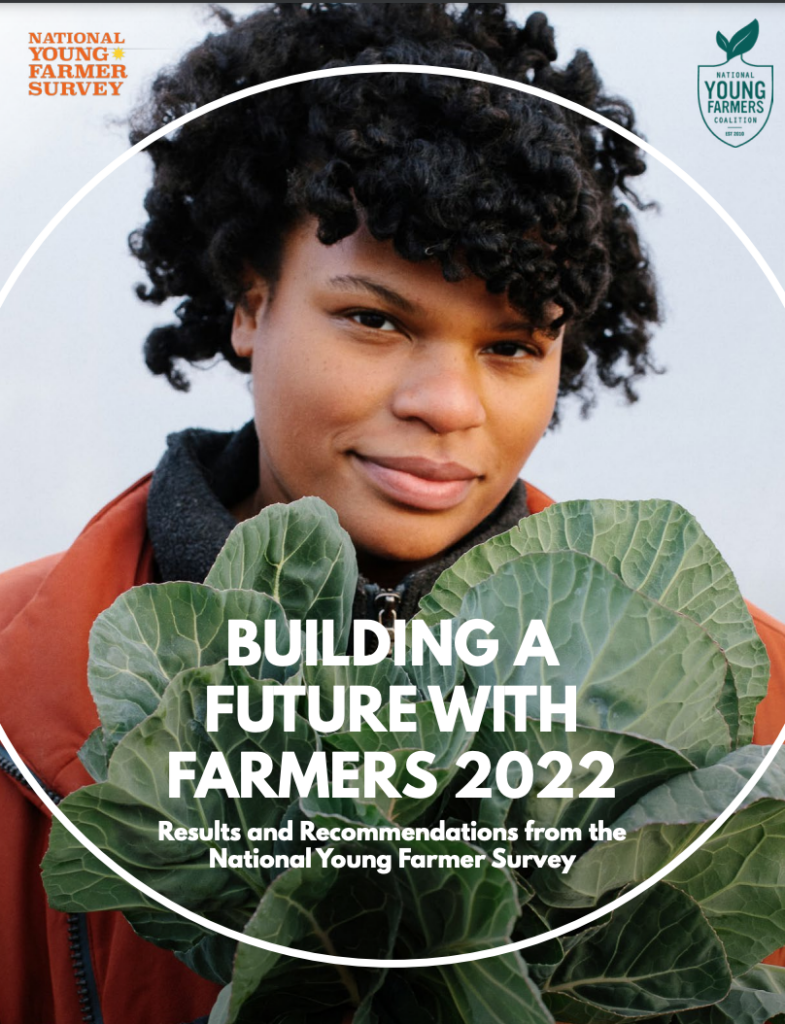
According to the survey, 59 percent of farmers surveyed reported that finding affordable land was “very or extremely challenging.” An even higher percentage of BIPOC farmers—68 percent of Indigenous respondents and 66 percent of Black respondents—gave the same response.
Commodity or Commons: Finance Capital and the Commodification of Land
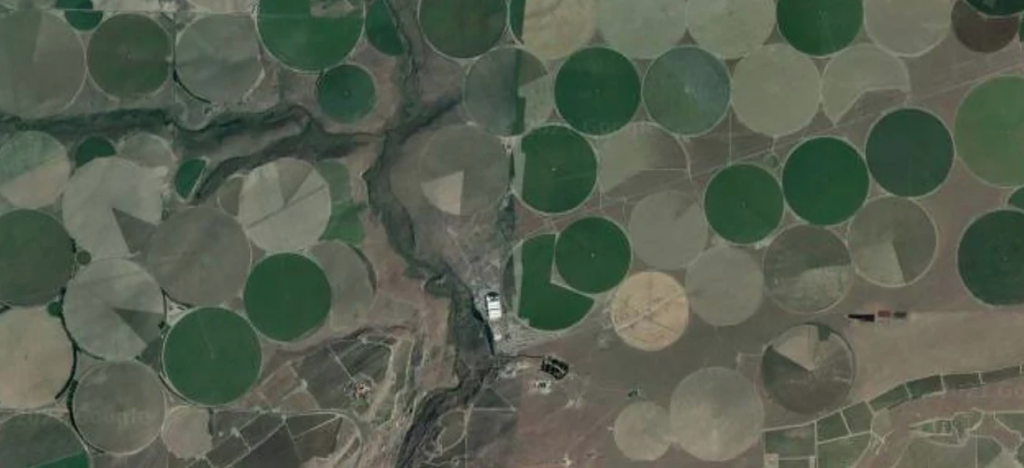
The first major entity to begin investing in farmland as an asset was Teachers Insurance and Annuity Association of America (TIAA)—one of the largest pension firms in the United States, with $1,375 billion in assets. In 2007, the TIAA began purchasing enormous tracts of land. By 2017, the TIAA owned more than 1.9 million acres of farmland worldwide— an area significantly larger than the state of Maryland—including over 490,000 acres in Brazil alone. TIAA’s purchases in Brazil led to the consolidation of power in the hands of a small number of agribusinesses specializing in soy monoculture, driving farmers off their traditional land in record numbers, and leading to widespread deforestation, wildfires, and loss of biodiversity.
Oasis and Community in Petersburg, Virginia
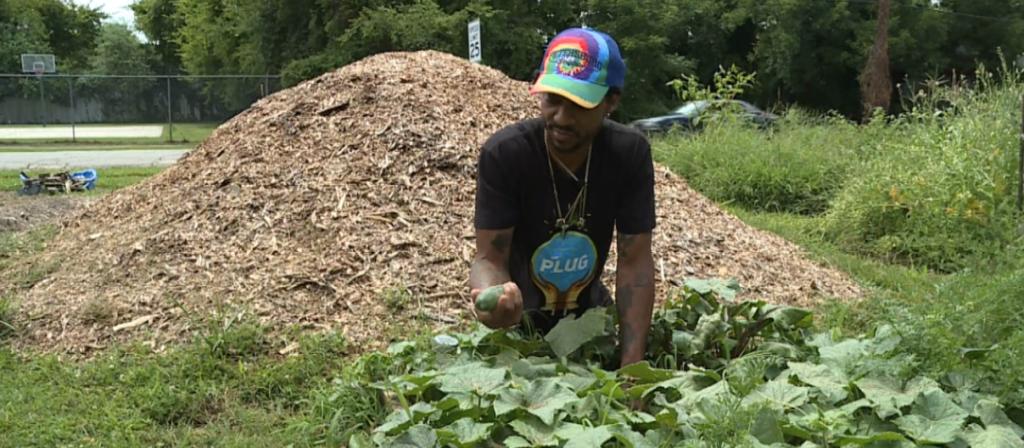
“What it means for our community… it means a sense of hope,” said Cherry. “It’s a light in a very dark time, not just for our city, but even for our country. And its potential for our youth, to know that something besides a place like Walmart exists here—that’s big. Something to be proud about, to say we have a community farm, something we’ve worked for—to have that kind of light in Petersburg.”
Studies of the Agrarian Commons in the Higher Education Community
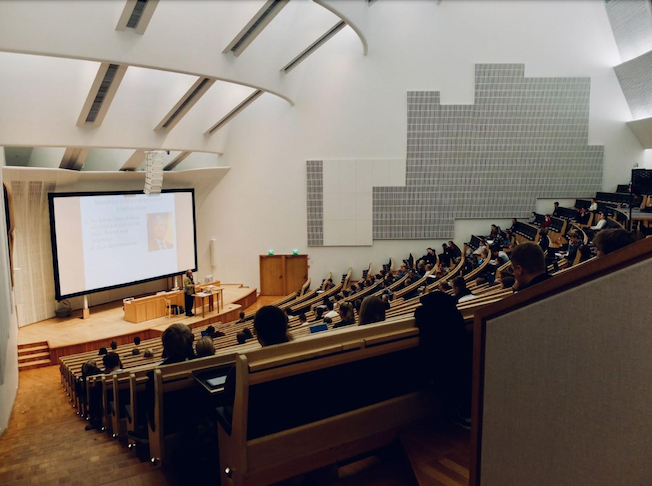
The Agrarian Commons model, now in its implementation phase, is being studied by researchers, professors, and students throughout higher education and law school institutions.
Virginia, a Resettlement State
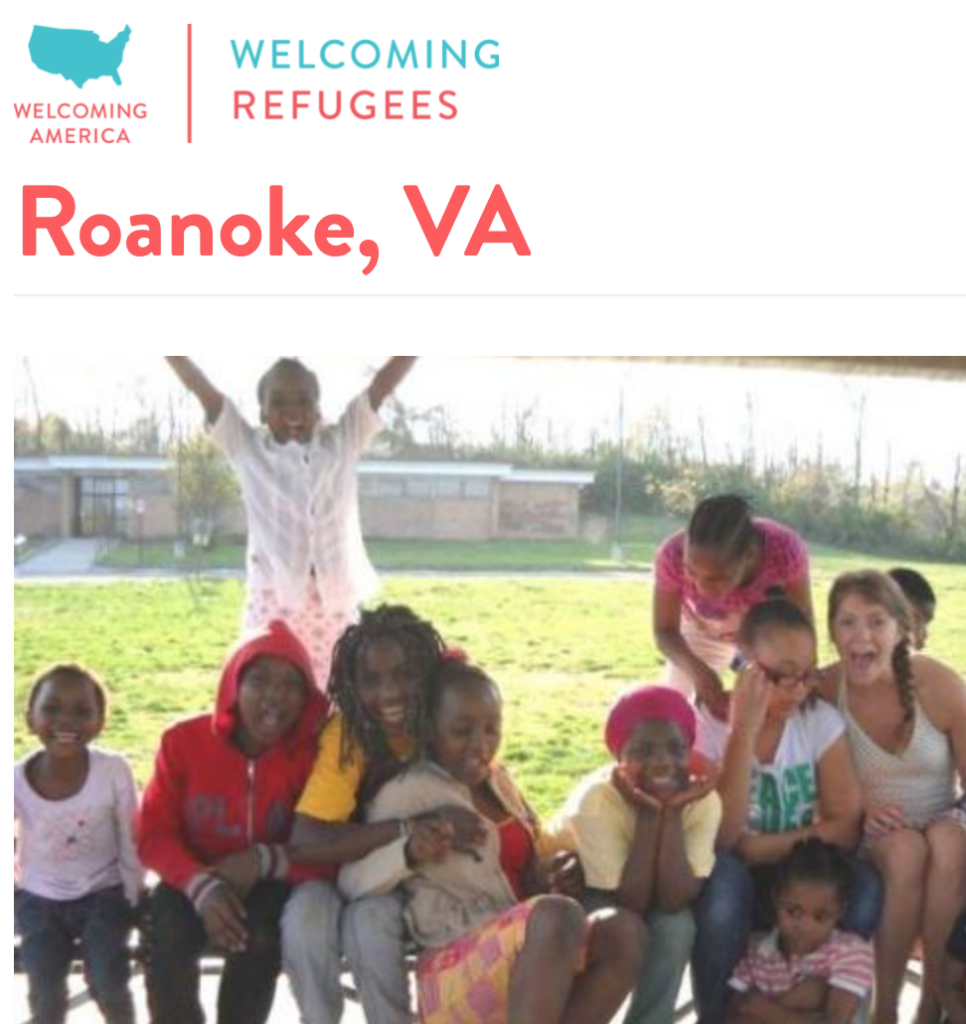
America has always been a mix of cultural food traditions. We enjoy the freedom to explore taste and see the bounty of the many foodways, which allows us to be a part of the expansive American awareness. As cities become more culturally diverse, it is a chance for a renewed cultural fusion.
The state of Virginia has a resettlement program that makes space for this cultural interchange, facilitating new boundaries of cultural storytelling.
Fighting for Domestic and Global Food Sovereignty
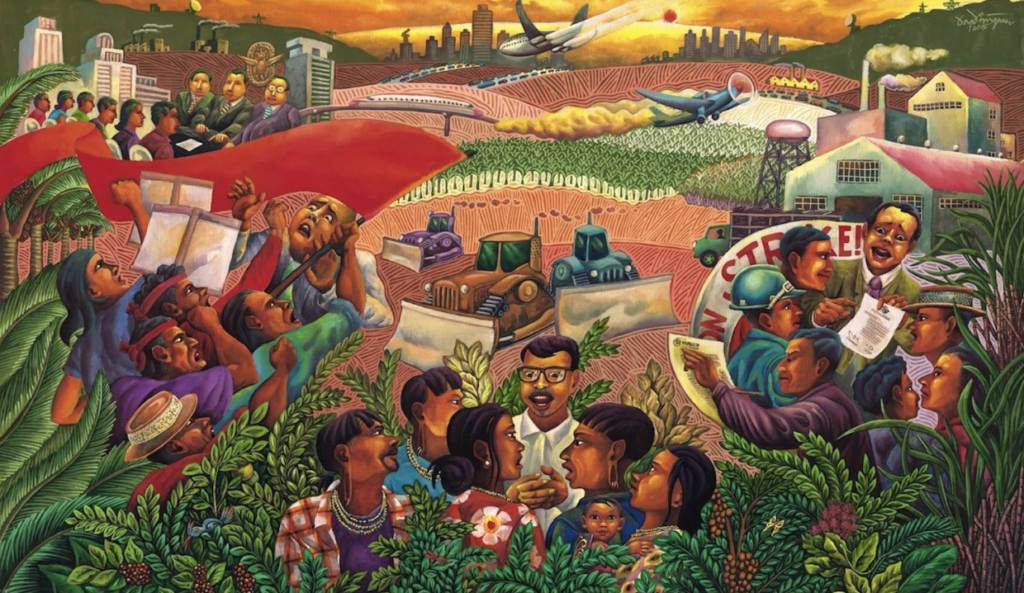
The high cost of land, racial inequity and land grabbing that underpins agriculture in the United States is part of a global trend of expropriative land practice, founded upon centuries of corporate greed and colonial violence. Agrarian Trust is an active member of a global movement that seeks to heal from these destructive forces, while charting a new path forward—beginning with Indigenous knowledge, local control of the land and agroecological growing practices. Since its founding in 2010, the United States Food Sovereignty Alliance (USFSA) has worked “to end poverty, rebuild local food economies, and assert democratic control over the food system” as a partner organization of the International Planning Committee for Food Sovereignty.
Cultivating Resiliency in Roanoke, Virginia
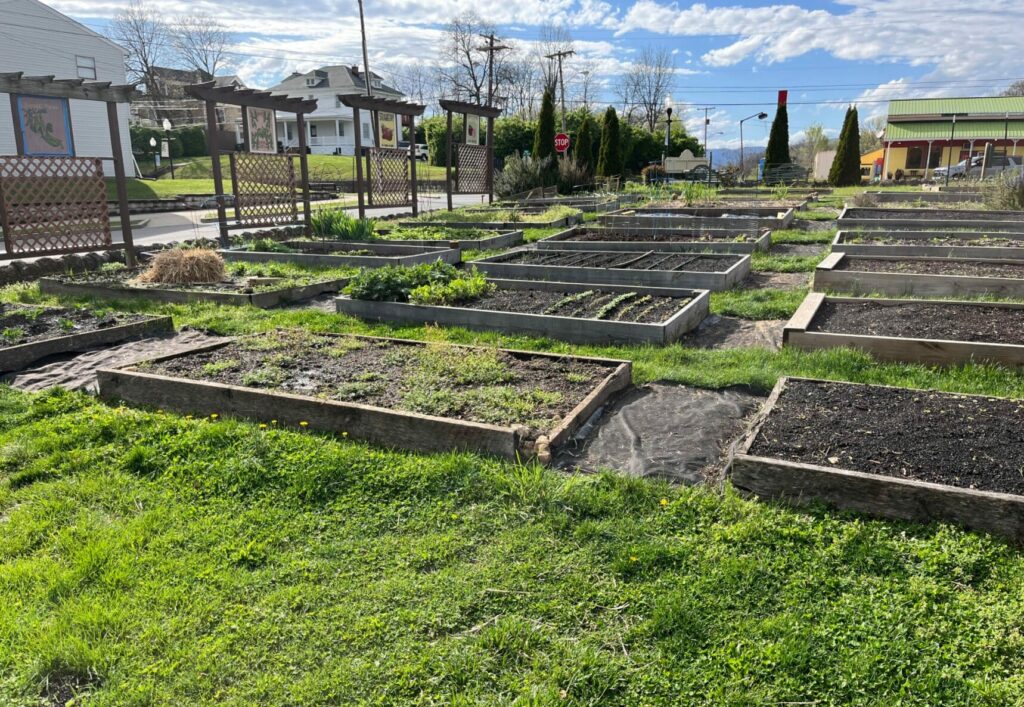
As a recipient of Roanoke City’s share of American Rescue Plan funding, LEAP is working to create a centralized food hub about a mile down the road from Lick Run Farm farm, where Cam plans to take his vision for growing food and building community to the next level. Once the funds are raised, the land will become the founding farm for the Southwest Virginia Agrarian Commons: a space where Cam can build soil, host workshops, and raise vegetables to be sold on-site as well as through LEAP’s new food hub.
Equity & Justice Research Grant
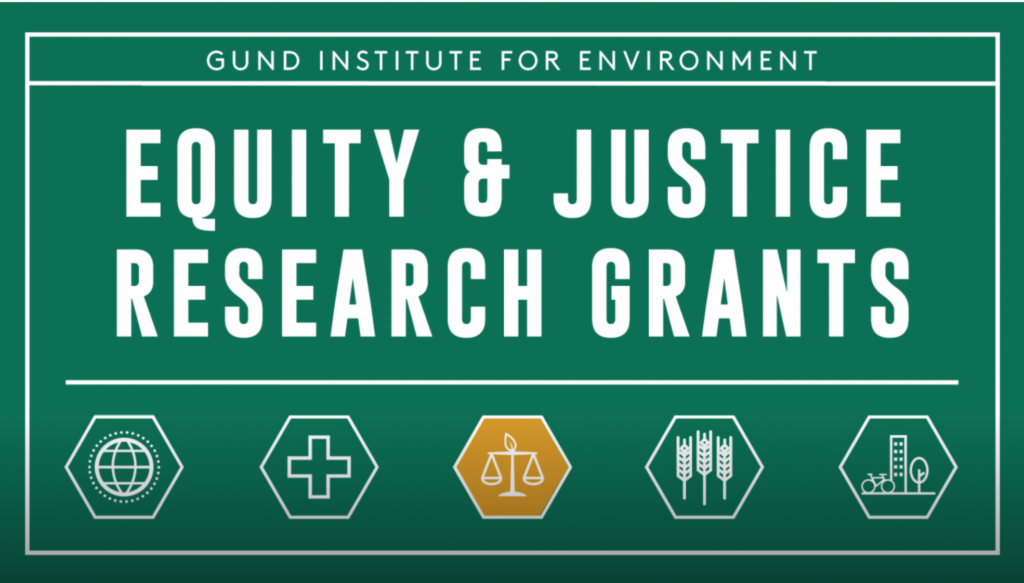
The Gund Institute for Environment, based out of the University of Vermont (UVM), recently announced their inaugural Equity and Justice research grant, which supports projects that aim to address inequities and injustices underlying environmental crises. I was honored to receive one of these grants to support my collaboration with Agrarian Trust exploring how creative approaches improve equitable farmland access and sustainable on-farm practices. To date, land access policy initiatives in the United States have focused exclusively on expanding private property ownership. Recent research, however, indicates that such efforts may not fully address the systemic and structural barriers to equitable farmland access.
Redlining’s Legacy: Disinvestment in Black Communities in Virginia
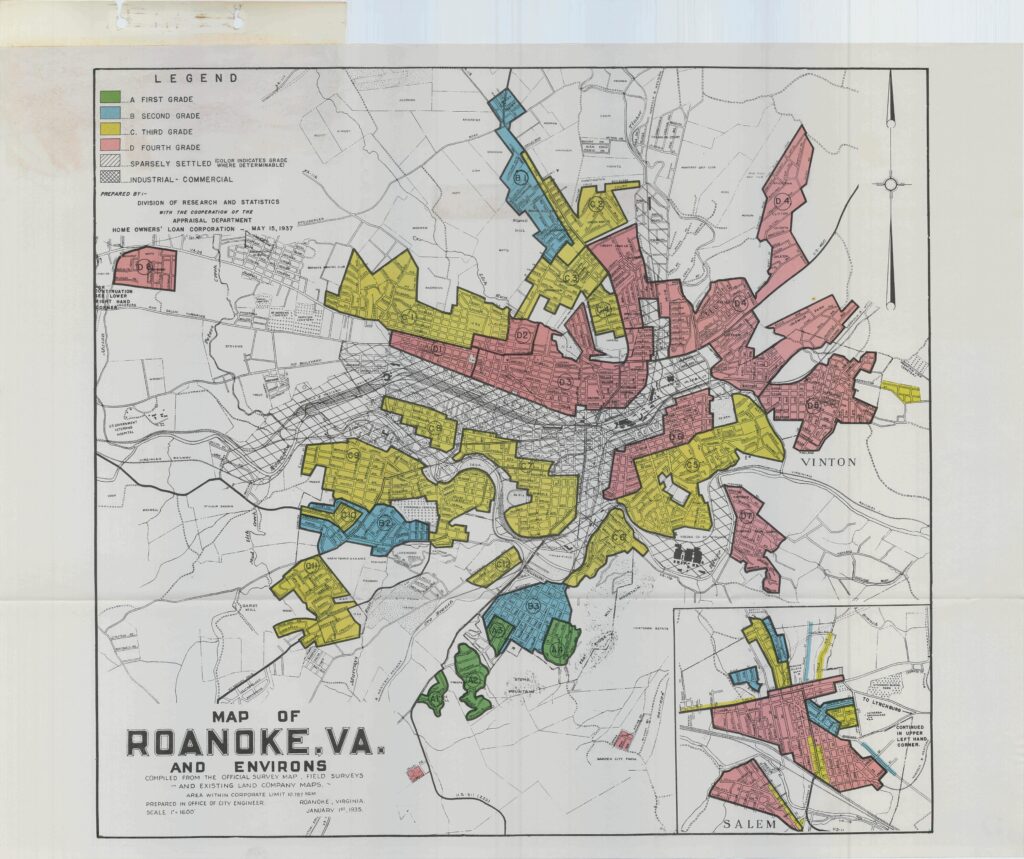
Redlining was a red mark against these robust neighborhoods, meaning that they could not connect to federal funding for home loans. Race was the defining factor in redlining and prevented these communities from gaining full access to the federal support that was needed and that they paid into through the federal tax system.
Changemaker Profile: Renard Turner and the Central Virginia Agrarian Commons

A Q&A with Renard Turner, co-owner and operator of Vanguard Ranch and founding board member of the Central Virginia Agrarian Commons.